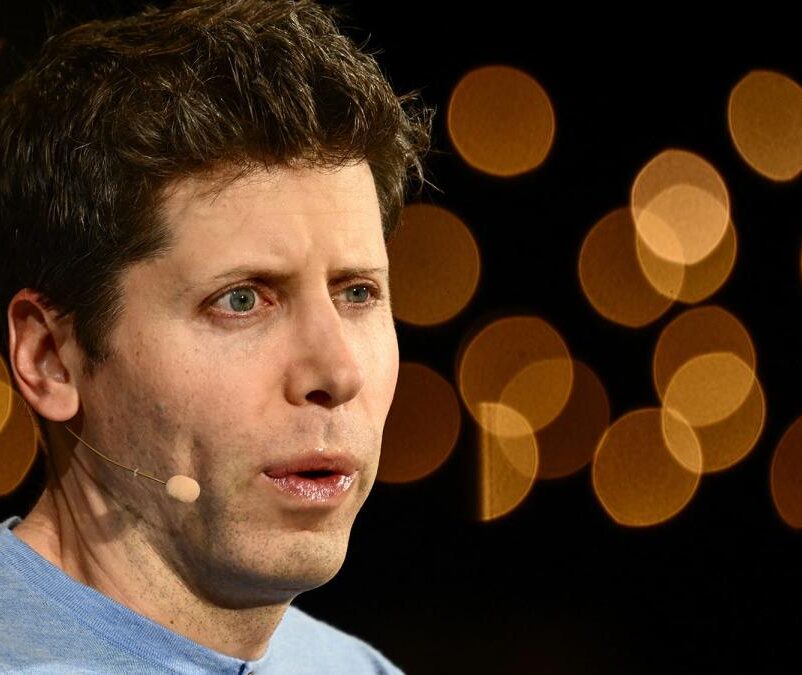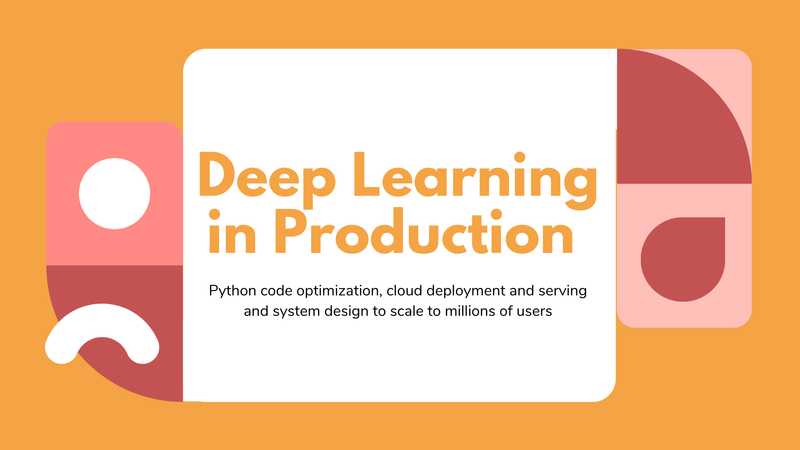
OpenAI, the company behind ChatGPT, has had a wild weekend. On Friday, founder and CEO Sam Altman was fired by its board of directors, kickstarting an employee revolt that’s still ongoing. The company has now had three CEOs in as many days. The shocking shakeup at one of the most important companies driving artificial intelligence research could have far-reaching ramifications for how the technology continues to develop. For better or worse, OpenAI has always claimed to work for the good of humanity, not for profit—with the drama this weekend, a lot of AI researchers could end up at private companies, answerable only to shareholders and not society. Things are still changing fast, but here’s what we know so far, and how things might play out.
[ Related: A simple guide to the expansive world of artificial intelligence ]
‘Too far, too fast’
November should have been a great month for OpenAI. On November 6th, the company hosted its first developer conference where it unveiled GPT-4 Turbo, its latest large language model (LLM), and GPTs, customizable ChatGPT-based chatbots that can be trained to perform specific tasks. While OpenAI is best known for the text-based ChatGPT and DALL·E, the AI-powered image generator, the company’s ambitions include the development of artificial general intelligence, in which a computer matches or exceeds human capabilities. The industry is still currently debating the broad definition of AGI and OpenAI plays a large role in that conversation. This tumult has the potential to resonate well beyond the company’s own hierarchy.
[ Related: What happens if AI grows smarter than humans? The answer worries scientists. ]
The recent upheaval stems from OpenAI’s complicated corporate structure, which was intended to ensure that OpenAI developed artificial intelligence that “benefits all of humanity,” rather than allowing the desire for profitability to enable technology that could potentially harm us. The AI venture started as a non-profit in 2015, but later spun out a for-profit company in 2019 so it could take on outside investment, including a huge deal with Microsoft. The quirk is that the board of directors of the non-profit still has complete control over the for-profit company and they are all barred from having a financial interest in OpenAI.
However, the six-member board of directors had unchecked power to remove Altman—which it exercised late last week, to the surprise of almost everyone including major investors. Microsoft CEO, Satya Nadella, was reportedly “blindsided” and “furious” at how Altman was fired, as were many of OpenAI’s staff who took to Twitter/X to post heart emoji in support of Altman.
Initially, the board claimed that Altman was let go because “he was not consistently candid in his communications,” however, later accounts site differing opinions on the speed and safety of how OpenAI’s research was being commercialized. According to The Information, Ilya Sutskever, the company’s chief scientist and a board member, told an emergency all-hands meeting, “This was the board doing its duty to the mission of the nonprofit, which is to make sure that OpenAI builds [artificial general intelligence] that benefits all of humanity.” Sutskever apparently felt that Altman was “pushing too far, too fast,” and convinced the board to fire him, with chief technology officer Mira Murati taking over as the interim CEO. According to The Atlantic, the issues stemmed from the pace at which ChatGPT was deployed over the past year. The chatbot initially served as a “low-key research preview,” but it exploded in popularity and with that, features have rolled out faster than the more cautious board members were comfortable with.
As well as Altman, President of the board Greg Brockman resigned in protest, which really kicked off the chaotic weekend.
Three CEOs in three days and the threat of an exodus
Following internal pushback from the employees, over the weekend, Altman was reportedly in talks to resume his role as CEO. The extended will-they-won’t-they eventually fizzled. To make things more dramatic, Murati was then replaced as CEO by Emmett Shear, co-founder of streaming site Twitch, bringing the company to three CEOs in three days. Shear reportedly believes that AI has somewhere between a five percent and 50 percent chance of wiping out human life, and has advocated for slowing down the pace of its development, which aligns with the boards’ reported views.
Of course, as one of the biggest names in AI, Altman landed on his feet—both he and Brockman have already joined Microsoft, one of OpenAI’s biggest partners. On Twitter/X late last night, Microsoft CEO Satya Nadella, announced that he was “extremely excited to share the news that Sam Altman and Greg Brockman, together with colleagues, will be joining Microsoft to lead a new advanced AI research team.”
This morning, more than 500 of OpenAI’s 750 employees signed an open letter demanding that the board step down and Altman be reinstated as CEO. If they don’t, Microsoft has apparently assured them that there are positions available for every OpenAI employee. Shockingly, even Sutskever signed the letter and also posted on Twitter/X that he regretted his “participation in the board’s actions.”
Turbulent aftermath
As of now, things are still developing. Unless something radical shifts at OpenAI, it seems like Microsoft has pulled off an impressive coup. Not only does the company continue to have access to OpenAI’s research and development, but it suddenly has its own advanced AI research unit. If the OpenAI employees do walk, Microsoft will have essentially partially acquired the $86 billion company for free.
Whatever happens, we’ve just seen a dramatic shift in the AI industry. For all the chaos of the last few days, the non-profit OpenAI was founded with laudable goals and the board seems to have seriously felt that their role was to ensure that AI—particularly, artificial general intelligence or AGI—was developed safely. With an AI advocate like Altman now working for a for-profit company unrestrained by any such lofty charter, who’s to say that it will?
Similarly, OpenAI’s credibility is in serious doubt. Whatever its charter says, if the majority of the employees want to plow ahead with AGI development, it has a major problem on its hands. Either the board is going to have to fire a lot more people (or let them walk over to Microsoft) and totally remake itself, or it’s going to cave to the pressure and change its trajectory. And even if Altman does somehow rejoin OpenAI, which looks less and less likely, it’s hard to imagine how the non-profit’s total control of the for-profit company stays in-place. Somehow, the trajectory of AI seems considerably less predictable than it was just a week ago.
Update November 20, 2023, 2:11pm: Shear, OpenAI’s current CEO, has said he will launch an independent investigation into the circumstances around Altman’s firing. While it might be too little, too late for some employees, he says the investigation will allow him to “drive changes in the organization” up to and including “signification governance changes.”


